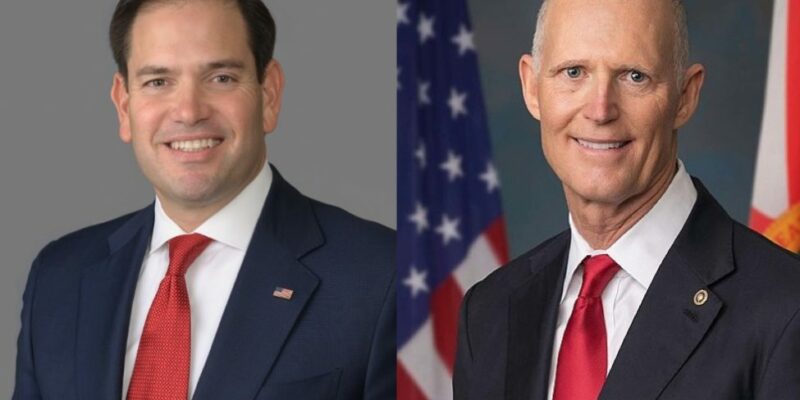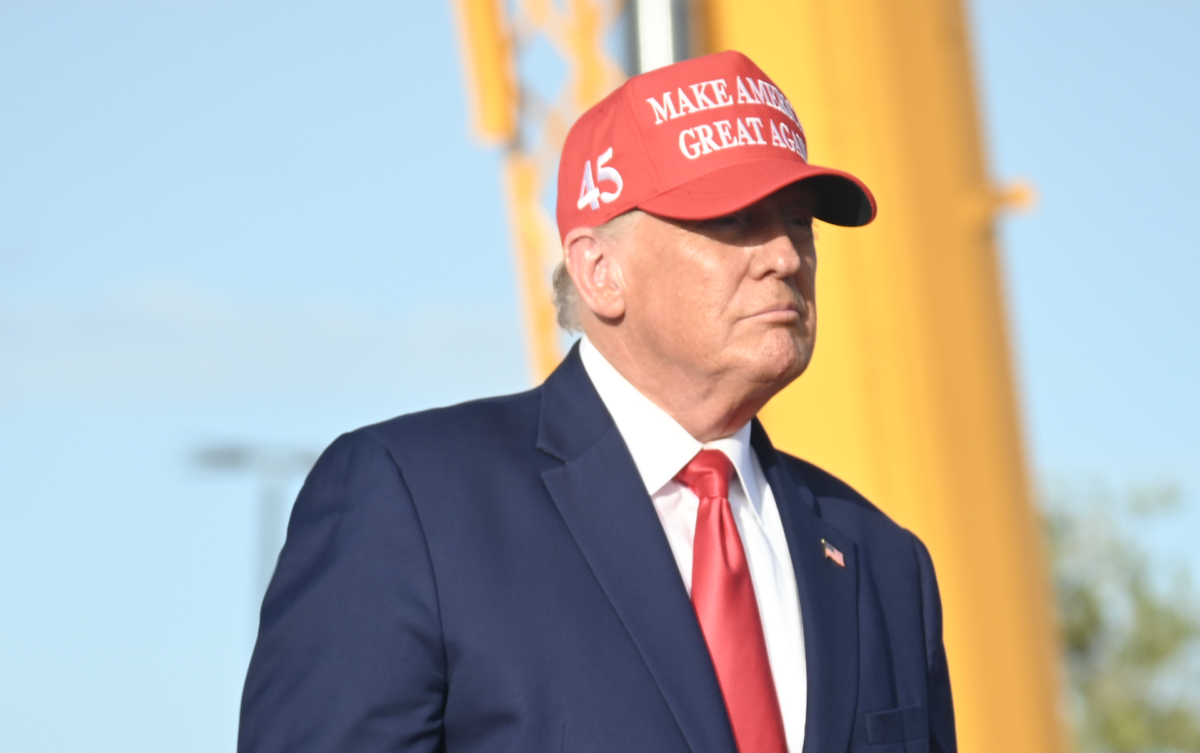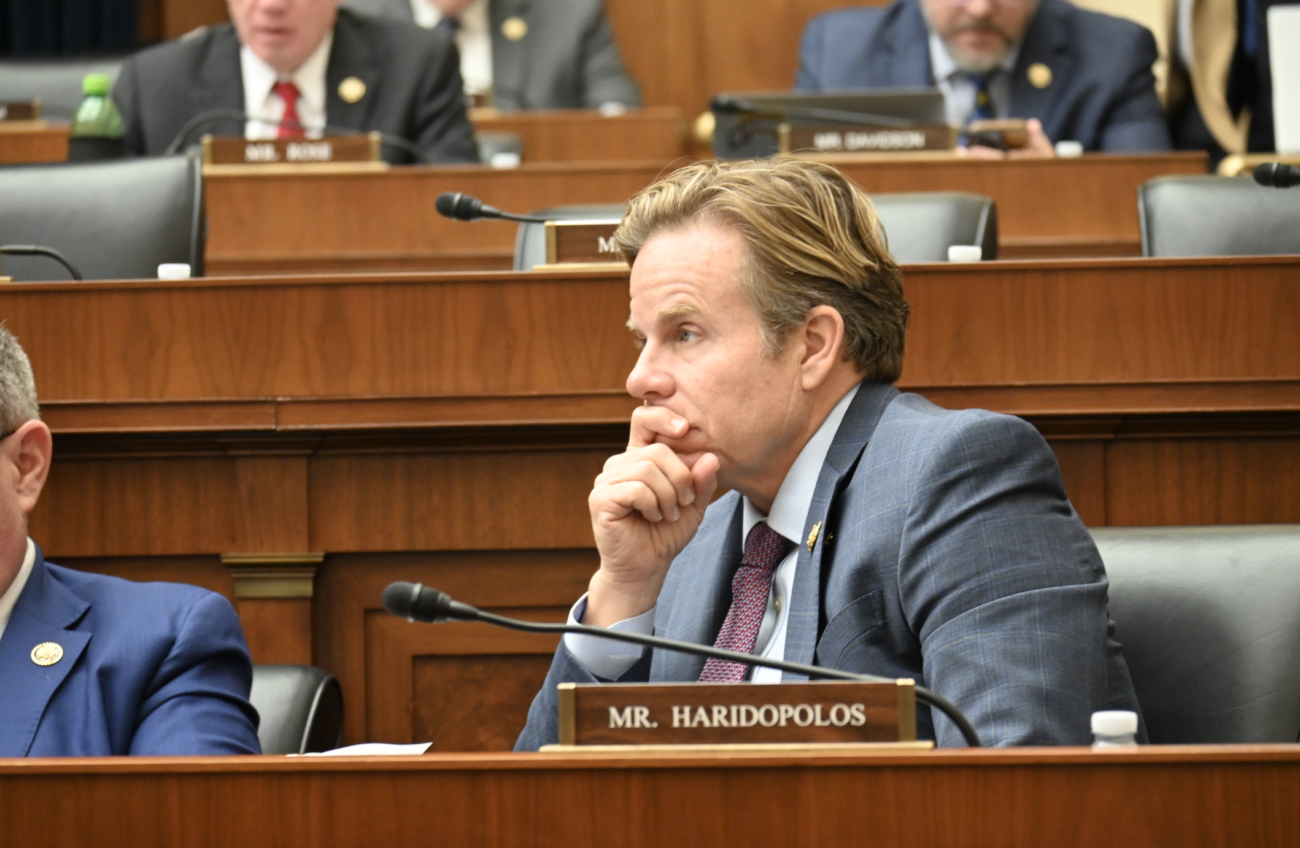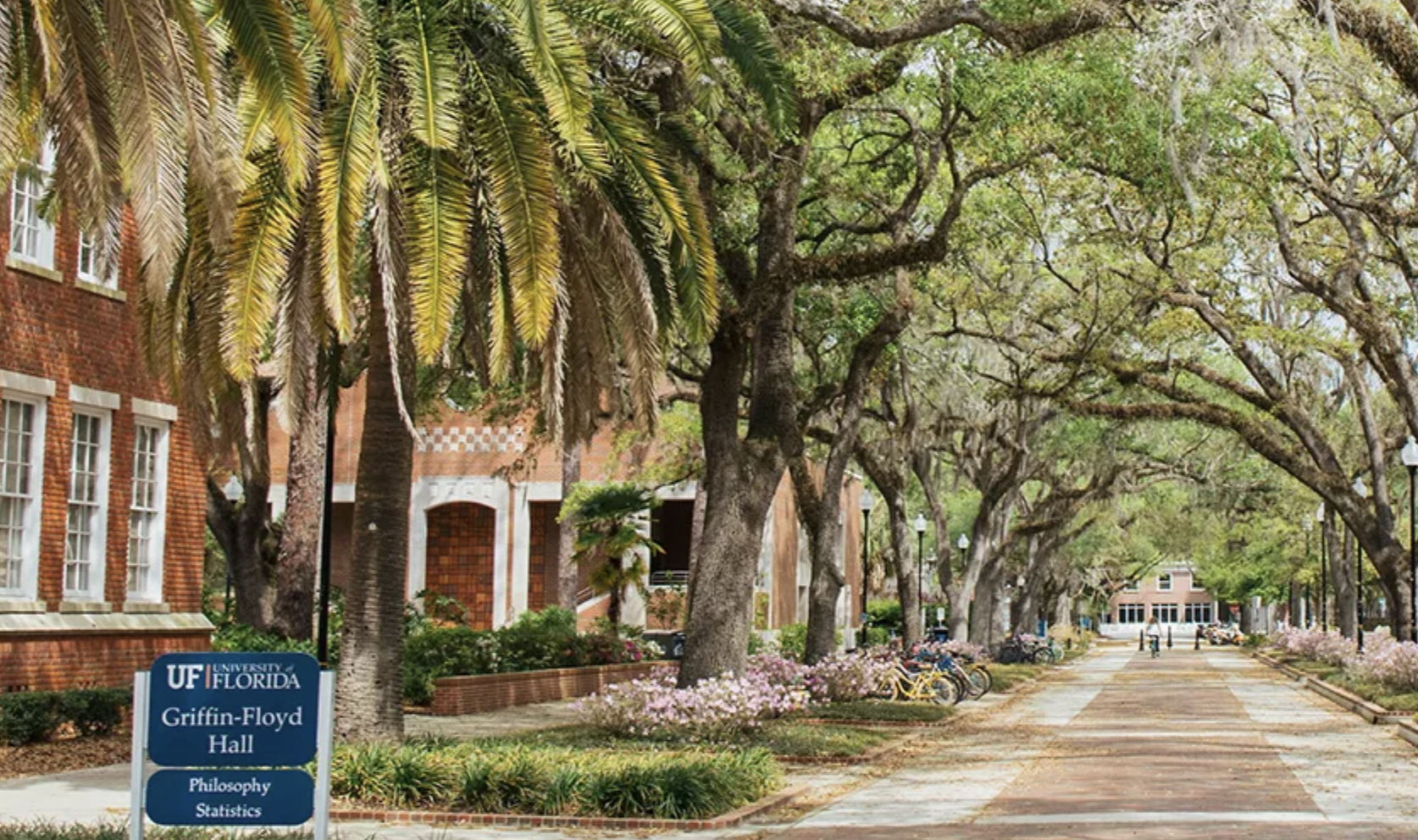We have heard American lawmakers like Sens. Marco Rubio and Rick Scott sound the alarm of the growing threat that the Communist Chinese government poses to America and American interests around the world, specifically in Latin America. Now, there are more voices echoing these concerns, including well-versed individuals on foreign policy matters.
During a recent discussion with foreign policy experts hosted and moderated by Dr. Luis Fleischman of the Palm Beach Center for Democracy and Policy Research, the growing Chinese intervention and its partnership with “authoritarian revolutionary populist regimes” like Venezuela, dominated the discussion.
“We are looking at the increasing influence of China in the continent,” said Dr. Fleischman. “China is gaining ground in various countries in Latin Latin America,” at the same time that there’s “increasing presence of other rogue and unfriendly countries.”
Fleischmann added that China’s influence has allowed other “non-state actors that add an element of chaos and anarchy to the region.” He pointed to “transnational crime groups and even some terrorist groups” like Hezbollah, adding that China, along with Russia and Iran, have impacted the region by making “sizable investments in strategic sectors such as mining and oil and gas.”
Dr. Robert Evan Ellis, a Latin America Research Professor at the U.S. Army War College, sees China’s footprint in Venezuela less as a military venture, but rather “pursuing its own objectives.” He adds, “it's about China orchestrating a world… where values favor them.”
Ellis explained that China’s incursion into Latin America began as a way to ensure access to needed resources but once China gets a strong foothold in strategic sectors, “it uses that economic position get political leverage,” adding that “there is also increasing military activities and security engagement in the region.”
In the Beginning: China and Venezuela
Former Venezuelan strongman, Dictator Hugo Chavez, first traveled to China in 1999 looking to develop a relationship with China. Chavez walked away from the trip securing a loan for billions of dollars in exchange for oil.
According to David Voght, Managing Director of IDP Latin America, the deals “were signed between 2007 and 2014, at a time when China was looking for long-term energy supply from Venezuela.’
But all did not go as planned for the Chinese, as several deals with Venezuela did not fulfill China’s expectations. The long-term agreements were then swapped for “short-term loans tied to crude exports,” so that Venezuela could pay back the money the Chinese had loaned Chavez.
Increasingly, members of the U.S. Congress are expressing their concerns over China’s resource-grab around the world.
Rep. Bill Posey (R) who has protected the American supply chain with urgency, warns that as Americans, “we shouldn’t underestimate the extent of China’s influence around the world, including in our own backyard. Some think that China is not competition for the U.S. This is wrong and we should not drop our guard. Often missed is that Chinese companies are controlled by the Chinese Communist Party and the Chinese military,” stated Rep. Posey in a statement to The Floridian. “That is why I have made it a priority to stand up to China and make America more secure and competitive. It’s also the reason why I established and sponsored the China Study Group, a Congressional Staff Organization, which serves to educate and be a resource for Capitol Hill staff on the threat that China poses.”
All of the conference experts agreed that a key issue for U.S. foreign policy, and American national security, is dealing with the increased presence of China, Russia, and Iran in Latin America, and particularly in Venezuela. Joseph Humire, executive director for the Center for a Secure free Society and a national security expert, warned that these anti-democratic nations have been instrumental in “supporting New Networks,” including the Bolivarian Threat Network —narco-state dictatorships and criminal enterprises, such as Venezuela, Cuba, Nicaragua, and Bolivia— that are “putting Hemispheric democracies under assault.” He explained that these networks are using “destabilizing methodologies” namely mass migration and mass protests, activities that are now becoming “weaponized” in order to “create instability.”
Voght warned that, for its Venezuela foreign policy, “the U.S. needs to have a long-term look at a policy that goes beyond only sanctions,” to ensure “the stability of a possible new and democratic government in Venezuela.” He added that recuperating the country’s oil industry would be “indispensable to kickstart the economy,” something that would be impossible without “the presence of multinational oil companies.”









